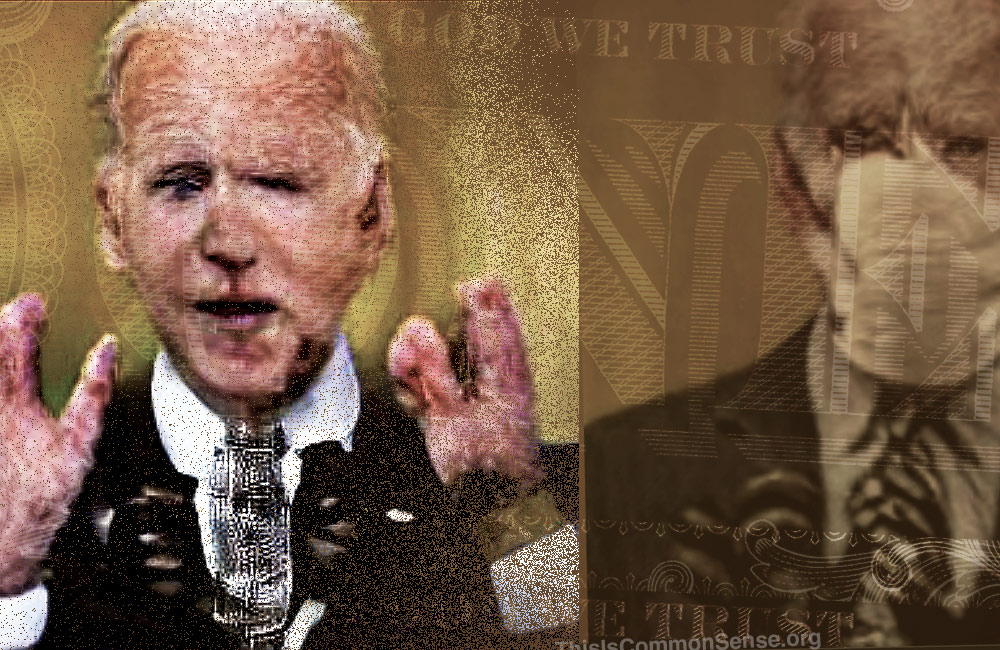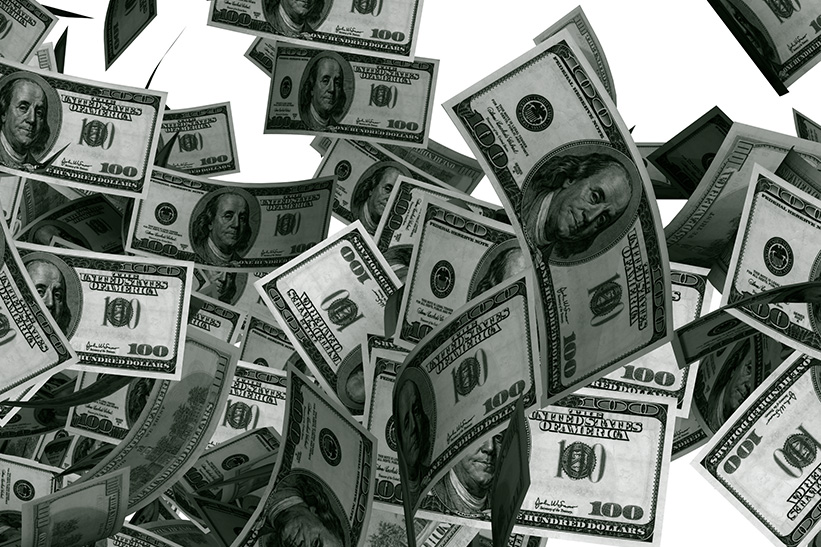William F. Buckley used to say that there is always a presumptive case for order.
Philosopher Joel Feinberg argued that there’s always a presumptive case for freedom.*
This notion of a strong case for or against something prior to specific data can keep philosophers and economists and folks like you and me awake at night.
Here, I’m just going to bring it down to the politics.
Of inflation.
Why are prices — especially fuel prices — rising so?
The Biden Administration has been trying to argue that it’s caused by the war in Ukraine, and Americans’ need to sacrifice to defend that beleaguered country.
But, as with his talk of “food shortages,” the war is almost certainly an exacerbating, not the prime, factor. Both fuel price spikes and bare shelves demonstrated an alarming trend before Putin invaded Ukraine.
The cause seems obvious. Do we really need careful studies to show that both were caused by (a) COVID lockdowns and (b) a blizzard of lockdown bailout checks during Trump’s term in office and eagerly pushed also by the current president?
And Biden’s current kick, of demanding that gas stations (!) freeze or reduce prices to “match the cost of production,” has all the odor of cranky, old-fashioned soapbox socialism.
There is a presumptive case that inflation is caused by monetary policy, just as shortages are usually caused by regulations. Trump and Biden and Congress all contributed to over-spending, financialization, and regulatory hits.** But the stink of the growing mess must also affix especially to Biden. After all, one of his campaign promises was to cut production of oil on all government lands and offshore.
This is Common Sense. I’m Paul Jacob.
* Joel Feinberg, Social Philosophy (1972), pp. 20-22. Where Buckley discussed his presumptive case is your guess or mine. Probably a column back in the 1970s or ’80s.
** A few weeks ago an interesting exchange occurred in this website’s comments section, between two friends of this program.
h/t crAIyon
—
See all recent commentary
(simplified and organized)


